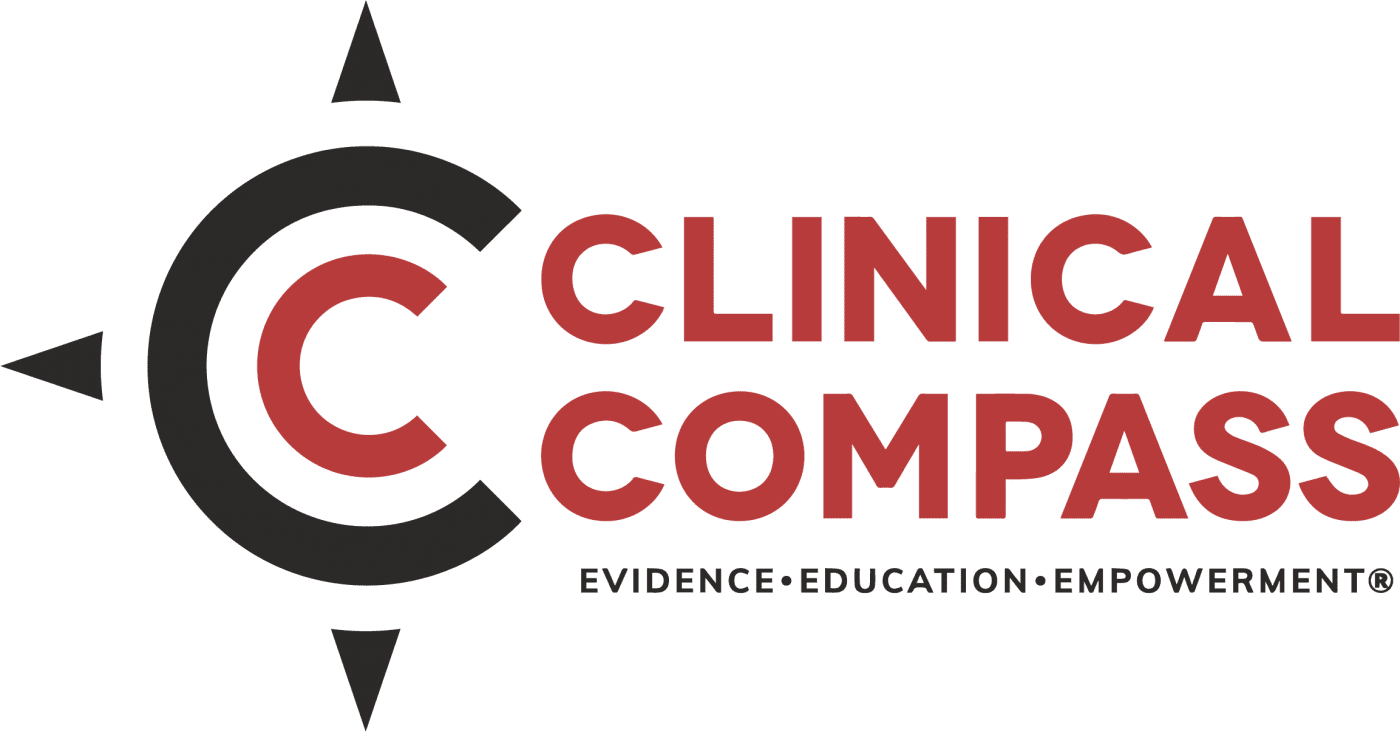Literature Syntheses for the Council on Chiropractic Guidelines and Practice Parameters: Methodology
Journal of Manipulative and Physiological Therapeutics | Council on Chiropractic Guidelines and Practice Parameters | VOLUME 31, ISSUE 9, P645-650, NOVEMBER 01, 2008
John J. Triano, DC, PhD
Abstract
Objective
The purpose of this project was to initiate an iterative process for systematic review of the literature involving a broad spectrum of individuals with experience across multiple domains (clinicians, educators, clinical scientists, and politically active) within the chiropractic profession.
Methods
The Scientific Commission of the Council on Chiropractic Guidelines and Practice Parameters (CCGPP) was charged with developing literature syntheses, organized by anatomical region, to evaluate and report on the evidence-based values for chiropractic care. Content and process–experienced team leaders were selected to manage 8 domains based on regional disorders: low back and related lower extremity conditions; neck pain, headache, and related upper extremity conditions; costovertebral and thoracic conditions; upper extremity disorders; lower extremity disorders; nonmusculoskeletal disorders; and subluxation. Team efforts in review, rating, and reporting of literature synthesis were guided, as best possible, by the widely accepted Appraisal of Guidelines for Research and Evaluation process. The main features included (1) review by a panel of experts; (2) detailed topic selection based on literature of most common conditions and procedures; (3) structured instruments for rating the quality of and results from the literature; (4) formal consensus process to adjudicate differences in professional opinion; and (5) wide stakeholder review by patients, professionals, policymakers, and third-party payers. As part of the CCGPP process, preliminary drafts of these articles were posted on the CCGPP Website (2006-2008) to allow for an open process and the broadest possible mechanism for stakeholder input.
Results
Reports on findings from this process are being published. The reports from each domain summarize methodological challenges and their unique content.
Conclusions
Although all literature in health care is challenged by complex methodological issues that limit how the information may be generalized, the preponderance of evidence in any of the domains can be informative to the clinician as well as give guidance to new scientific efforts to improve the quality of care.
FULL ARTICLE: Literature Syntheses for the Council on Chiropractic Guidelines and Practice Parameters: Methodology

